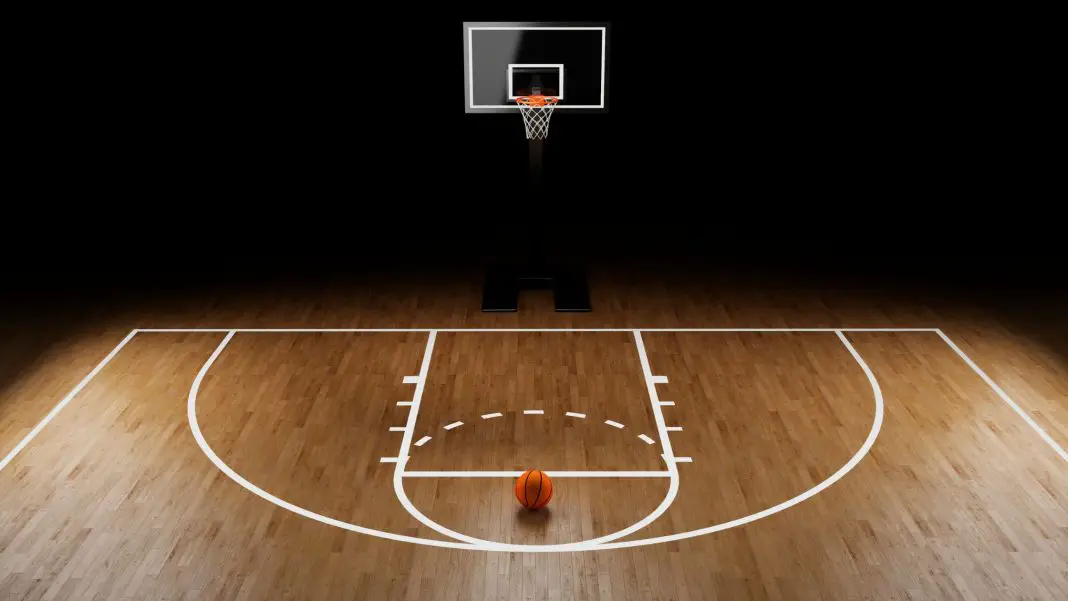Whenever March Madness rolls around, practically everyone in the nation gets excited about college basketball. However, only a few fans stop to think about the amount of work and training that goes into making it on the big stage.
The top March Madness picks don’t emerge during the season. Instead, the best college basketball teams work hard during the offseason to hit the ground running in the first game of the regular season.
That is why women’s college basketball teams don’t take the summer off. Instead, they work hard to ensure they’re ready for the upcoming campaign. Here are four things to consider about women’s college basketball off-season training.
Article Content
Summer Is for Studying
While academics are certainly important, the summer is also for studying game film. Going over game footage allows coaches and players to spot strengths and weaknesses. In particular, reviewing weaknesses is crucial for the upcoming season.
Also, coaches and players go over their opponents’ game films. Studying rivals allows everyone on the team to understand what to expect from opponents and what the team can do to address their strengths.
Keep in mind that elite-level sports require a mental and physical balance to succeed. Studying hard during the offseason pays dividends when the regular season finally comes around.
Drills, Drills, Drills
During the offseason, teams will typically participate in a lot of drills. These drills allow coaches to hone players’ skills while allowing them to work on areas for improvement.
One of the most exciting drills is playing full and half-court three-on-three games. This provides much more intense game action, so players learn to transition from offense to defense more smoothly and won’t stand around waiting for the action to come to them.
The other significant benefit of playing three-on-three is that it allows players to work on guarding on the perimeter and in the post. These two aspects are crucial when playing full five-on-five scrimmages.
Always remember that the best teams are the ones that can do the little things correctly. Getting the fundamentals right during the offseason often leads to a successful regular season.
Strength Training and Conditioning
Being an elite college basketball player requires spending much time on the court. However, attaining elite-level conditioning requires top-level physical exercise. Thus, strength training can be crucial in developing players off the court.
Players can spend significant time at the gym, swimming pool, or track during the summer. Focusing on strength training will help players maintain peak physical conditions throughout the year.
Rest and Recovery
Getting the proper rest can sometimes be overlooked. Nevertheless, it is vital to appropriate physical conditioning. Staying in shape year-round takes its toll on the body. That is why getting enough rest is necessary to ensure recovery. Recovery from physical activity allows the body to get stronger and, most importantly, avoid injuries.
Most teams work out from Monday to Friday during the offseason. As a result, players will get the weekend off to recover physically and mentally. This time off is essential since they are scarce during the regular season. Plus, off-season training provides an opportunity to power down and chill out.
Remember that offseason rest also enables players to recover from injuries suffered during the regular season fully. That is why taking time off during the offseason is essential before the upcoming season. The offseason also provides a perfect opportunity to rehab and bounce back from significant injuries that may have required surgery.
Maintaining Balance
Above all, the offseason is about helping players maintain balance. During the regular season, college athletes must juggle academics, athletics, and personal lives. Unfortunately, their relationships often get pushed to the bottom of the pile.
The offseason allows players to spend more time with friends and family. Players can also disconnect from the pressure of performing in the classroom and on the court. Ultimately, maintaining balance is essential, given the rigors of the college basketball season.
Peace Nero is a writer and blogger who loves to explore different topics of self-development. She shares her personal experiences in order to help people discover their true purpose in life.

